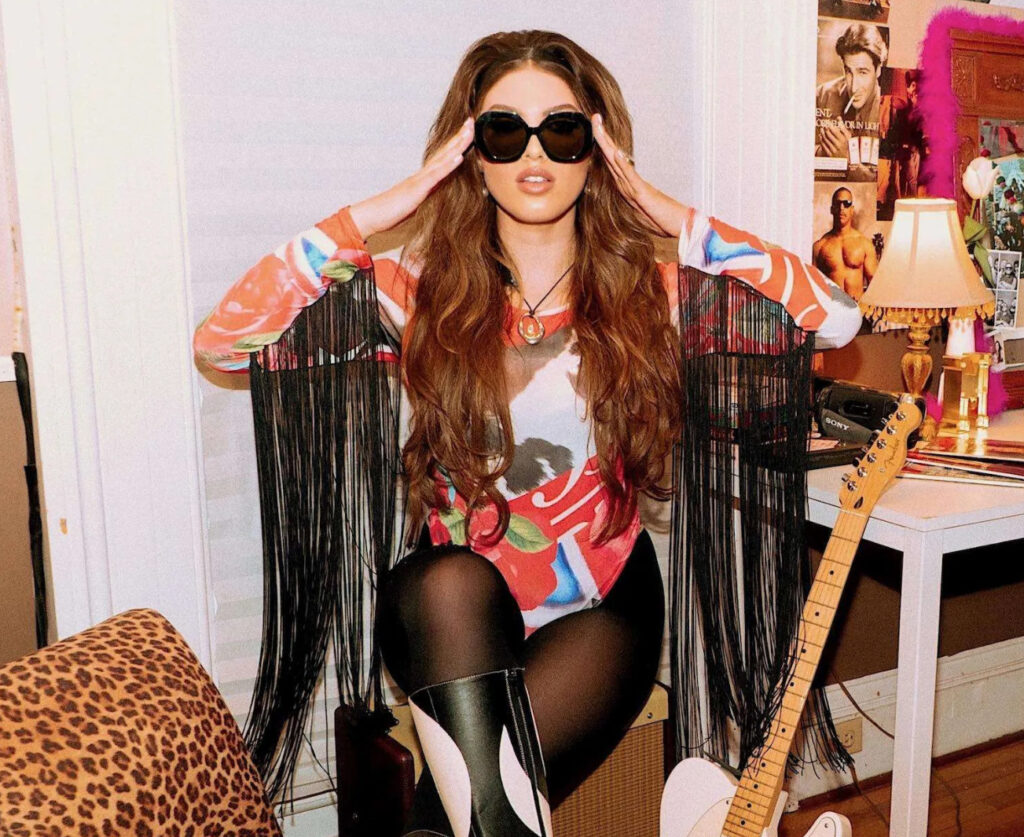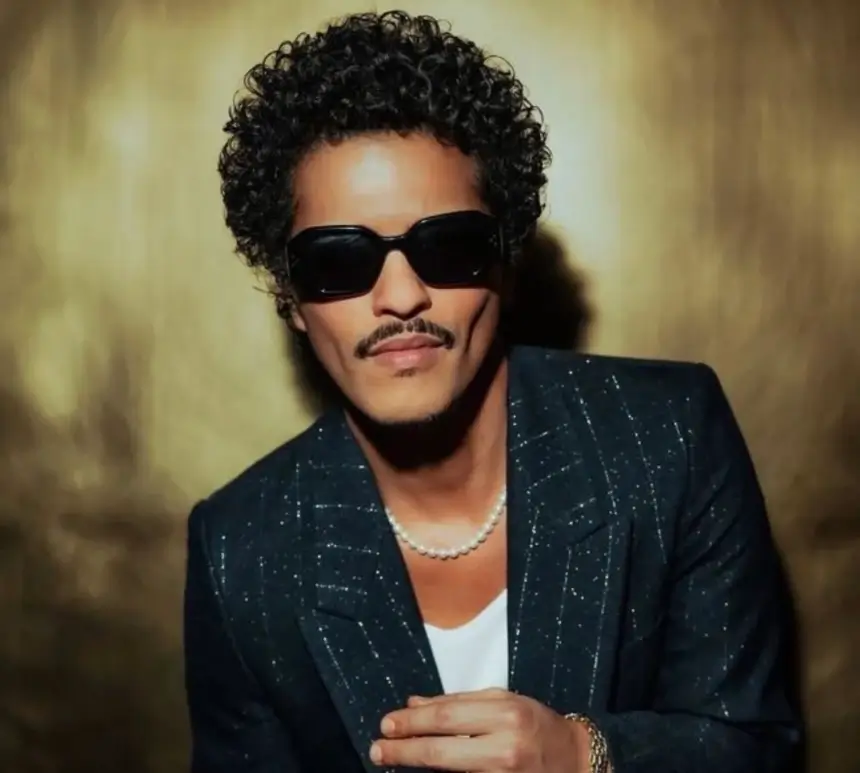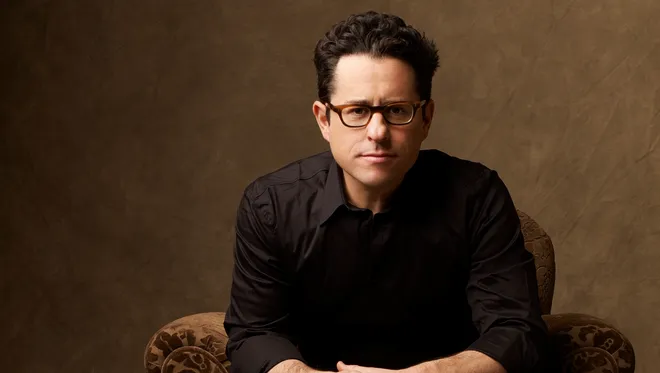There’s a rare kind of alchemy when an artist distills their rage, resilience, and charisma into a three-minute anthem—and Maggie Andrew’s “How to Sing for Money” does just that. A snarling, glitter-coated confrontation with the commercial music machine, the track is less a debut than a declaration: the era of playing nice is over.
Maggie Andrew, long an alt-pop disruptor bubbling on the underground radar, takes a torch to the synthetic constructs of pop stardom with her latest release. But unlike many disillusioned industry commentaries, “How to Sing for Money” doesn’t mope in discontent. It weaponizes it. With a smile. With eyeliner smudged from the night before. With a sound that’s equal parts 1987 mall goth, Tumblr-core snark, and post-pandemic existential crisis wrapped in bubblegum.
Burn the Pop Blueprint, Keep the Sparkle
At its surface, the single is a banger. Infectious hooks, satirical vocals, punchy synths, and a guitar riff that sounds like it’s been lifted from an unreleased Pat Benatar demo all conspire to drag the listener in. It’s a throwback—but not in the regressive sense. This is retro-futurism done right, capturing the color-drunk chaos of ’80s pop culture and fusing it with the ironic, disaffected tone of a TikTok generation who’s tired of being sold dreams they didn’t ask for.
Yet beneath the sugary sheen lies a narrative much darker. Maggie Andrew’s songwriting is brutal in its honesty. There’s no metaphor in the title: she’s literally singing for money. But the track doesn’t beg for sympathy. It throws a defiant wink and says, “Yeah, and?” If Taylor Swift turned her breakups into platinum and Billie Eilish built her brand on nihilistic cool, Maggie is offering us something just as calculated—but twice as self-aware.
Lyrics Like a Weapon, a Wink, and a Wound
Lines like “Kiss me through the marketing plan” and “I sold my sadness at the merch table” aren’t just punchlines; they’re gut punches hidden in bubble-wrap. There’s a sense of raw theater here—drama not for its own sake, but as an indictment of a system that eats its stars alive and asks for seconds. Maggie’s vocal delivery walks a tightrope between mocking and mournful, a performance style that could easily collapse under lesser control. But she never lets it falter. This is not just singing—it’s character work, protest, and satire rolled into one.
Her voice, an elastic force that slides from bratty falsetto to gravelly growl, mirrors the thematic instability of the song. It’s unstable, on purpose. The sonic playfulness underscores a deeper truth: pop music is performance. Fame is theater. And authenticity, as Maggie seems to argue, is just another costume in the wardrobe.
Production as Poisoned Perfume
The production on “How to Sing for Money” is slick—dangerously so. Each synth hit, each drum-machine thump, feels calculated to evoke an era when MTV ruled and being fake was part of the fantasy. But in Maggie’s world, the polish is the poison. The gleam of the track is an intentional trap—inviting you to dance while dissecting the very idea of selling out.
Producer credits for the track haven’t been revealed in full detail, but it’s clear that Maggie’s sonic universe is as meticulously built as it is willing to implode. Think Charli XCX’s chaotic hyperpop filtered through the cynicism of Hole, with the candy-corpse vibe of early Marina and the Diamonds. The song’s bridge, in particular, feels like a sarcastic descent into sincerity—dropping to half-speed while Maggie croons, “They love you more when you’re bleeding on cue.”
She’s not just biting the hand that feeds. She’s making it clap along to the beat.
The Rise of the Anti-Star
Maggie Andrew’s trajectory has always been a little left of center. Hailing from Nova Scotia, she’s carved out a space in the increasingly blurry landscape of alt-pop through self-released tracks, DIY visuals, and an aesthetic that balances chaos with control. Her earlier songs like “Honda Civic” and “ILMIHM” hinted at her potential, but “How to Sing for Money” is her full metamorphosis—a Molotov cocktail aimed at the stage curtain.
Unlike many emerging artists, Maggie doesn’t pretend to be above the system. She’s in it. She’s complicit. She’s cashing the checks. But she’s also chronicling the absurdity of it all in real-time, a Gen Z bard with glitter in her hair and venom on her lips.
Her refusal to choose between irony and vulnerability makes her dangerous in the best way. She’s not out to inspire a revolution. She’s here to laugh while the empire burns, and maybe shoot a music video in the flames.
Why It Matters Now
In a cultural moment where authenticity is commodified and the illusion of DIY has become its own marketing genre, Maggie Andrew is offering something riskier: radical transparency cloaked in artifice. Her brand of pop isn’t about pretending to be real. It’s about telling you, flat out, that she’s faking it—and then daring you to love her anyway.
“How to Sing for Money” lands not just as a single but as a meta-commentary on the state of artistry today. The track doesn’t ask whether it’s okay to sell out. It assumes the sellout has already happened. The real question, Maggie implies, is what you do once you’ve cashed the check. Can you still mean something? Can you still make them listen?
The answer, if this single is any evidence, is yes. Loudly. Unapologetically. And with a sick beat.
The Hustle
Maggie Andrew’s “How to Sing for Money” isn’t just a song—it’s a manifesto disguised as a bop. It’s an anthem for anyone who’s ever felt like a product, a pawn, or a punchline in someone else’s dream factory. But it’s also a reminder that there’s power in playing the game on your own terms—even if the terms are cynical, chaotic, and covered in rhinestones.
In a world desperate for sincerity but addicted to illusion, Maggie Andrew offers a third option: be the illusion, but own the damn stage. And as long as she’s singing for money, we’ll keep paying attention.
No comments yet.








